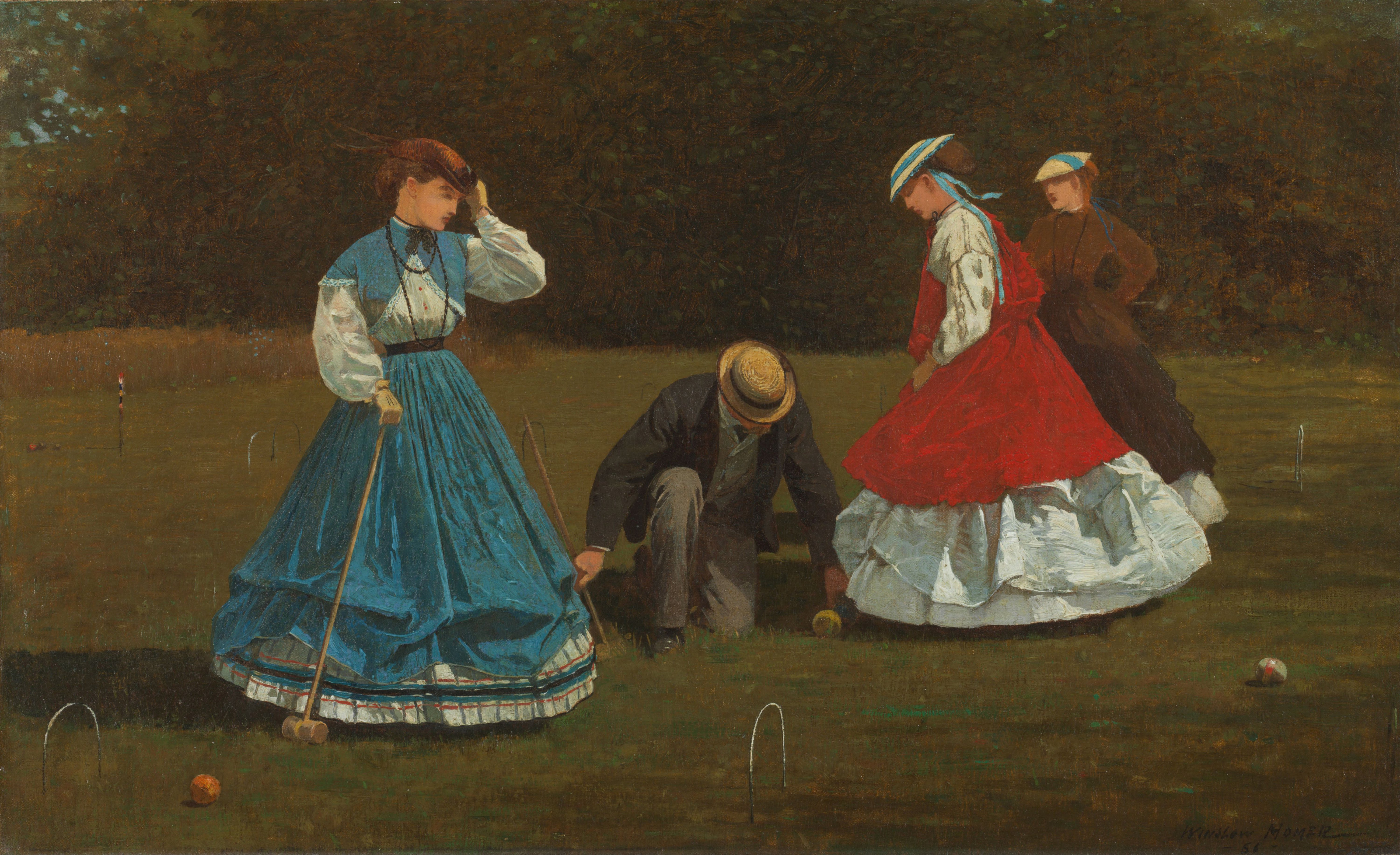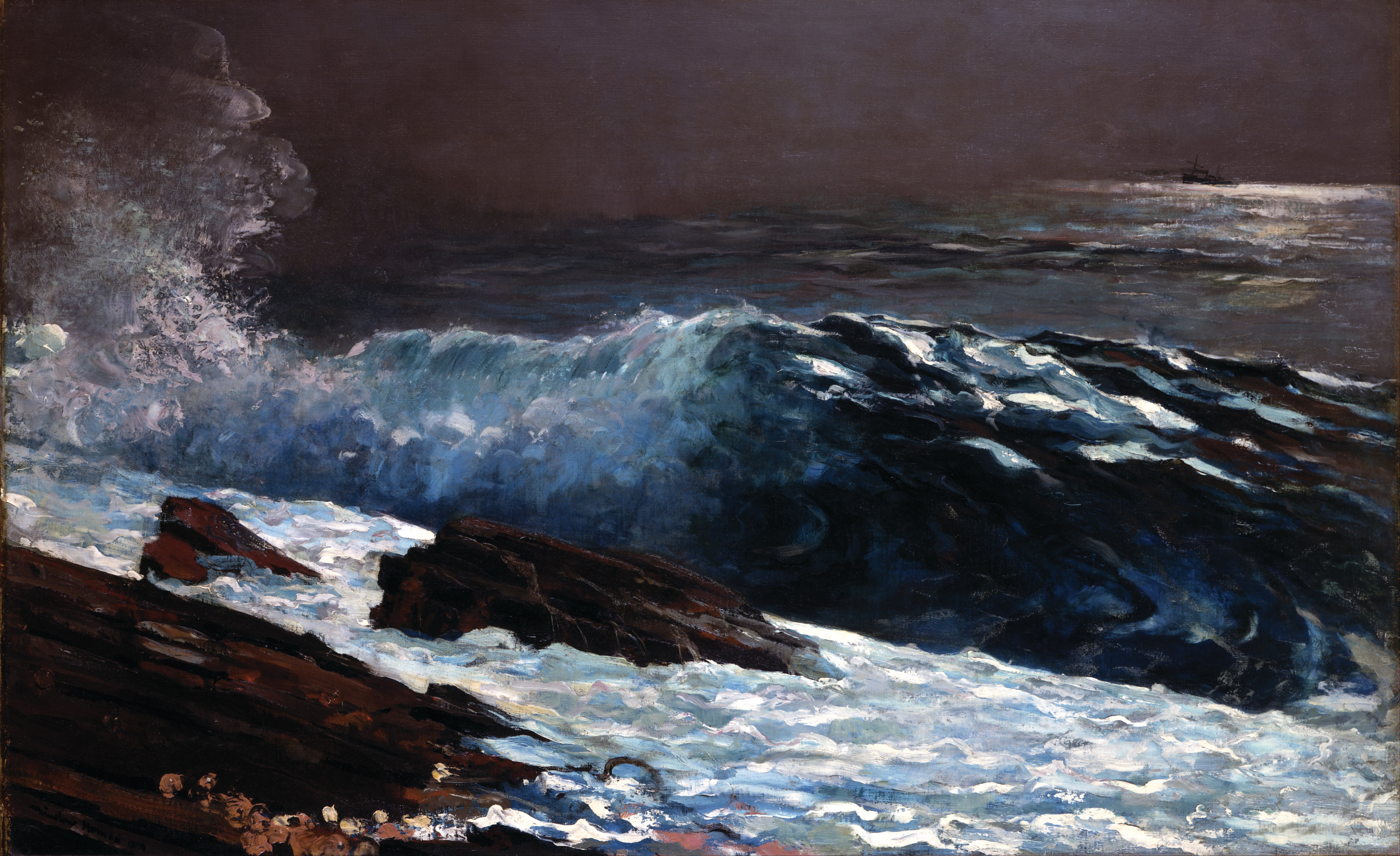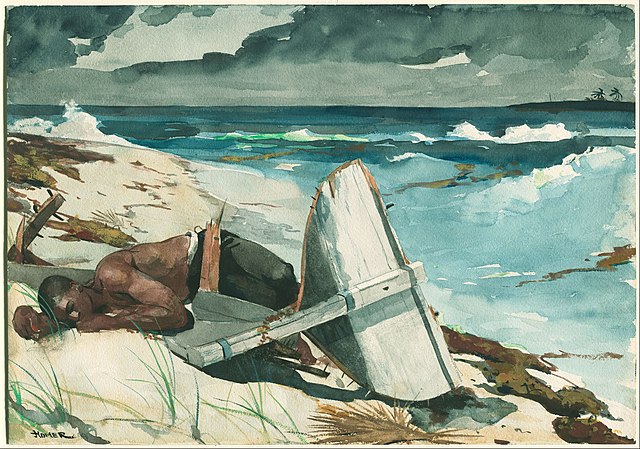For me, the answer to this question for a very long time was definitely NO. I knew very little about the Constitution. I had no idea if a proposed bill was Constitutionally sound or well in excess of the delegated authority. It really never even occurred to me to ask such questions. And I didn't know how to start learning about it, once I did realize that I needed to. If you find yourself in that position, here are a few places to get started.
1. Read the Constitution, itself. It's a short document. Pay particular attention to Article I Section 8 - that's the list of things that Congress is allowed to make laws about. When you consider supporting a bill, ask yourself: which of these itemized powers does this bill fall under? If you can't figure it out, then the measure probably doesn't belong at the federal level.
2. Read Brother Benson's essay,
The Proper Role of Government. As near as I can tell, when he wrote this essay, he was acting as Brother Ezra Benson, private citizen, and not as an apostle. However, he quotes somewhere around 1/3 of the essay in his talk
The Constitution -- A Heavenly Banner, which was given just following his call as Prophet of the Church. If you listen to the mp3 version, you will discover that this address, though it was given at BYU, was specifically and explicitly addressed to the entire membership of the Church. While the Role of Government essay is not doctrine, the fact that the prophet, acting in his calling, chose to quote so extensively from it makes me sit up and pay attention to the rest of it.
Those are both relatively short projects to get started with. After that, I recommend reading The 5000 Year Leap, by Cleon Skousen. That will introduce you to the ideas that underlie the Constitution. Skousen did a great job of making some really big ideas very accessible.














